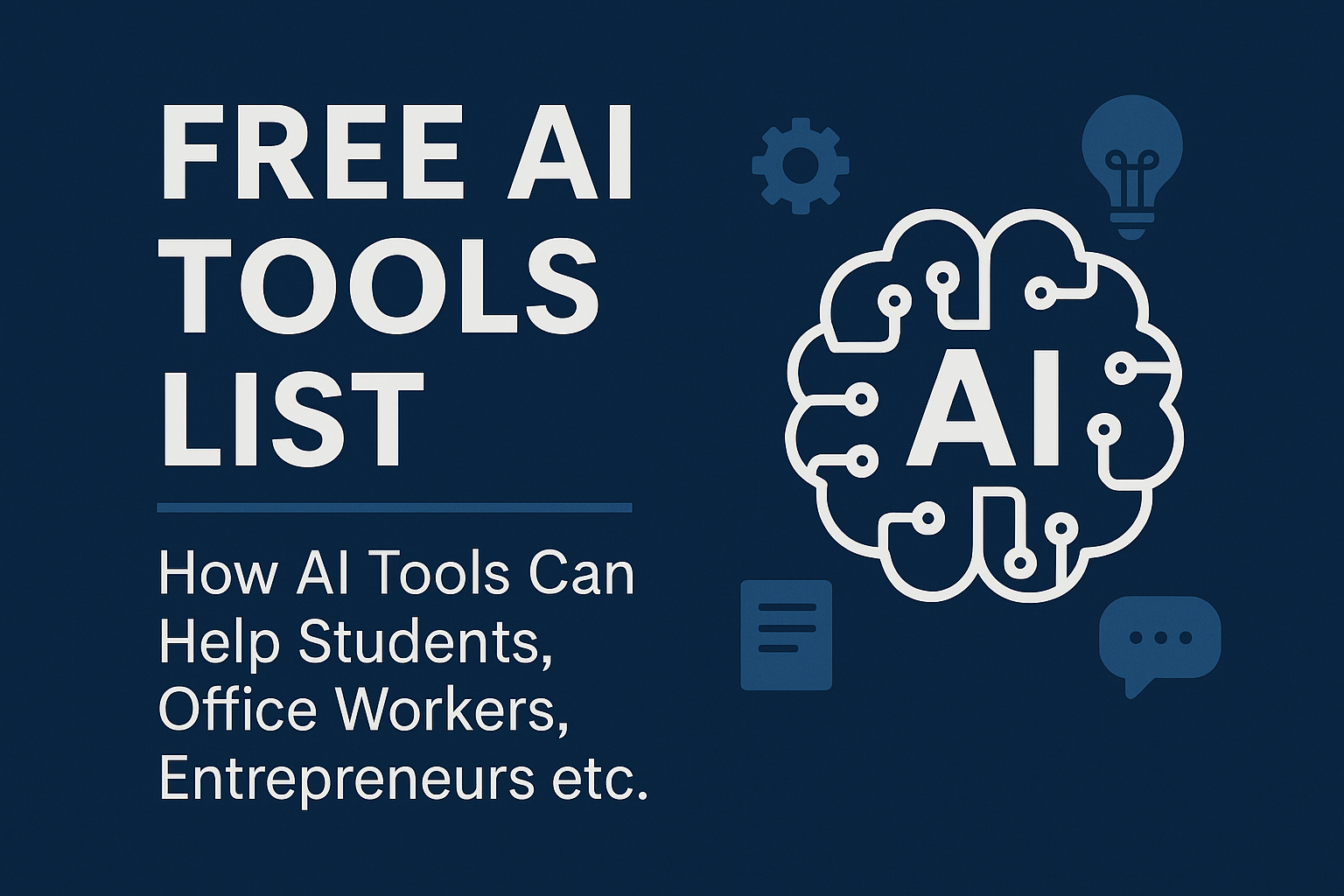
On page SEO and Off page SEO!!, Let‘s get real — SEO can be a mystifying monster, particularly when you‘re simply looking to get your website or blog seen online. You may have heard individuals bandying about such terms as On page seo and Off page seo and if you‘ve ever questioned what they actually are (and why both are important), you‘re certainly not alone.
In this blog, we‘re going to lay the On page seo and Off page seo basics out in terms of how they interact with each other and how you can actually make them work for your website. No jargon bombarding, no tech headaches — just straightforward, practical information you can actually apply.
What Is On Page SEO?
Let‘s begin with the things that occur on your site — thus the title “on page SEO.”
On page SEO is all about all the things you can do on your site’s content and architecture to enable search engines to realize what your website is about. The objective? To make it simpler for Google (and your users) to realize that your page is useful, pertinent, and worth ranking.
Here are a few of the most important aspects of on page SEO:
Keywords: These are the words that people search for in Google. Placing the proper keywords in your titles, headings, and copy assists search engines in associating your pages with what individuals are searching for.
Title Tags & Meta Descriptions: These appear in search results and can affect whether someone clicks your link. Make them clear and appealing!
Headings (H1, H2, H3…): Proper heading structure makes it easy for humans and search engines alike to navigate your content.
Internal Linking: Internal linking to other pages on your own site keeps users interested and distributes SEO value throughout your site.
Content Quality: Search engines are becoming more intelligent. They understand the difference between superficial content and truly useful information. Write for humans first, and optimize second.
Image Alt Text: Not only for accessibility — proper description of your images can also get your images ranked in search and validate the relevance of your content.
Mobile-Friendliness & Page Speed: Your site must load quickly and be well-presented on every device. This isn‘t all about UX — it‘s an SEO aspect as well.
So essentially, on page SEO is all that goes on within your virtual home — tidying it up, making it look pretty, and hanging the correct signs on the door so others (and search engines) can see what‘s inside.
What Is Off Page SEO?
Now let‘s go outside.
Off page SEO is all about what takes place beyond your website that aids in establishing your authority and credibility online. Consider it your online reputation. While on page SEO lays the groundwork, off page SEO provides your site with the credibility it requires to rise higher in search rankings.
The largest player in this case? Backlinks — links from other sites to yours. But not any links — quality over quantity.
Here‘s what off page SEO entails:
Backlinks from Other Sites: When other websites link to your content, search engines interpret it as a vote of confidence. It‘s like someone endorsing your site.
Social Media Sharing: Although social signals are not a direct ranking signal, content that is shared extensively will tend to draw more links and attention.
Brand Mentions: Even if they‘re not linked, when other websites mention your brand name, it contributes to your site‘s trust signals.
Guest Blogging: Guest posting can get your name (and link) in front of new people.
Influencer Collaborations: Collaborating with industry influencers can bring increased exposure and potential backlinks.
The secret with off page SEO? Developing relationships, producing content worth sharing, and making your site an authority in your niche.
On Page SEO vs Off Page SEO: Why You Need Both
A few individuals treat on page SEO and off page SEO as though it‘s one or the other — but the reality is that you need both.
Here‘s a quick analogy:
On page SEO is like getting your resume to shine — it’s well-written, formatted, and clearly displays your skills.
Off page SEO is like having good references — people vouching for you and telling others you‘re legit.
Even if your resume is superb, it benefits a lot if other professionals are also recommending you too, right? It’s the same thing with SEO. You can have the most optimized page in history, but if nobody’s linking to it or mentioning it, maybe it won’t come too far in rankings. And on the contrary — getting a ton of links to a poorly created page won‘t come very far as well.
Final Thoughts: Begin with What You Can Control
SEO is not a one-time task — it‘s a constant strategy. But here’s the best part: you don‘t have to be a master of it all at once.
Begin with your on page SEO — it‘s entirely under your control. Ensure that your content is useful, your keywords are properly placed, and your site is technically solid.
Then, focus on off page SEO — connect with others in your niche, create shareable content, and earn those backlinks by being genuinely valuable.
When On page seo and Off page seo work together, that’s when your site starts gaining real traction. Not overnight — but with consistency, you’ll start seeing results.

